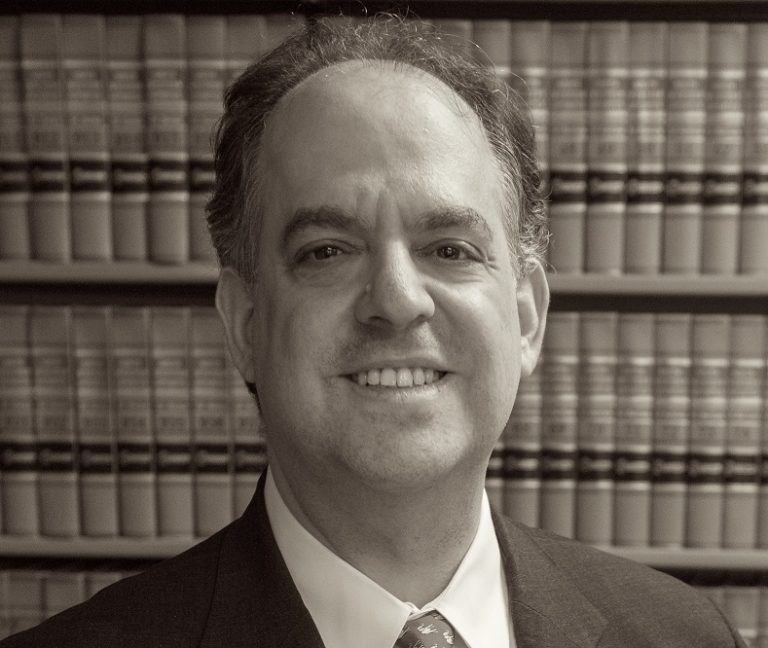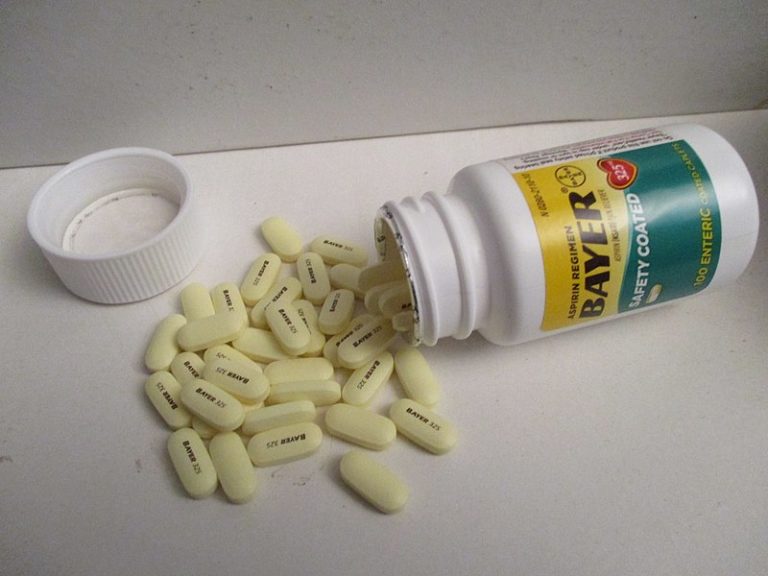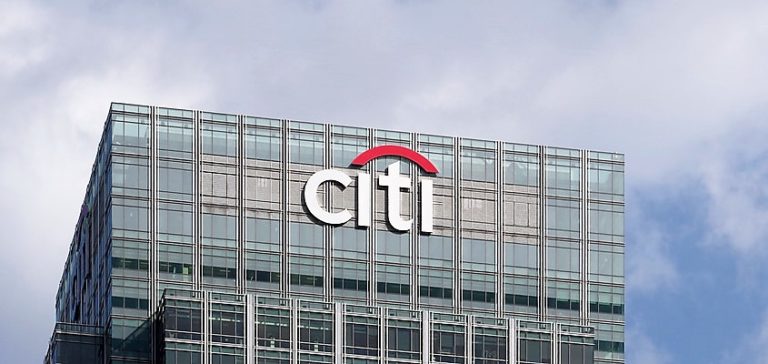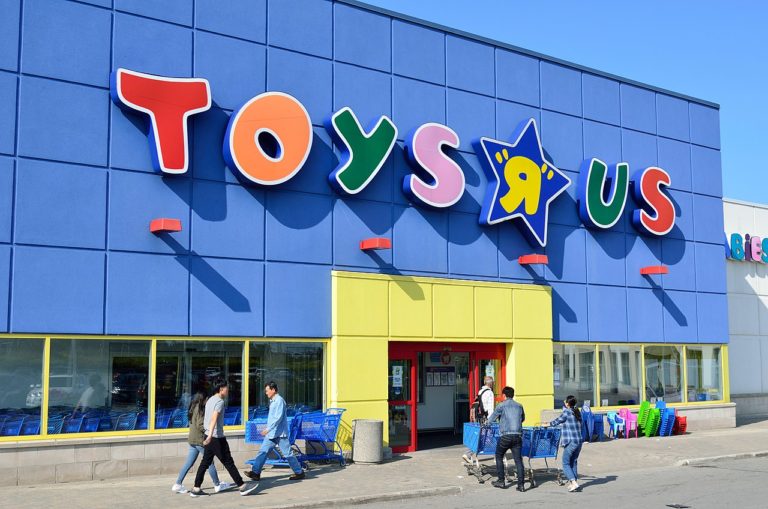In re Bayer
Fewer than 20,000 class members have bothered to go through the arduous claim procedures in the Bayer Corp. class action, which caps recovery for most of those class members at $4 unless they saved several-year-old receipts for aspirin products. The class will ultimately receive well under $500,000.








